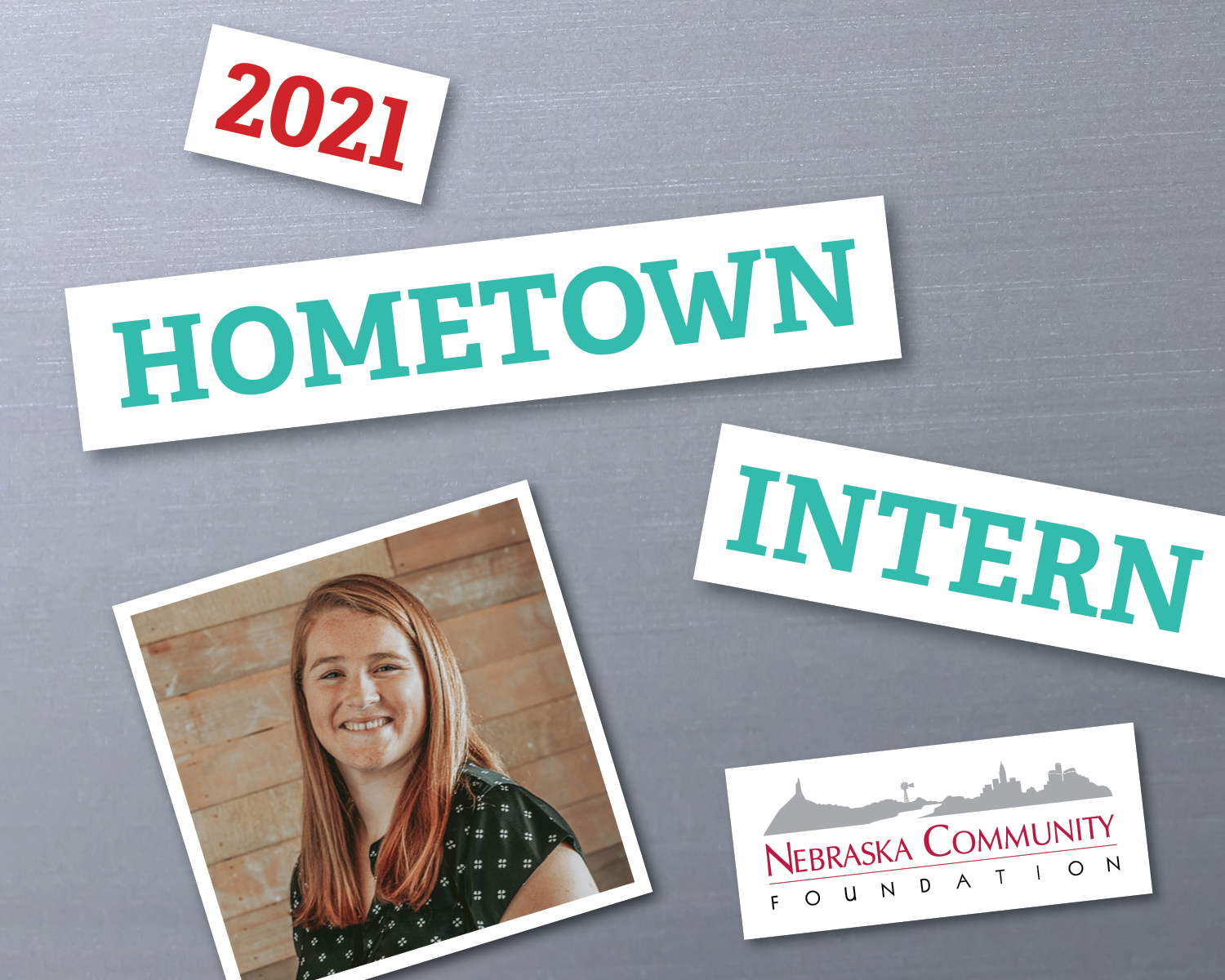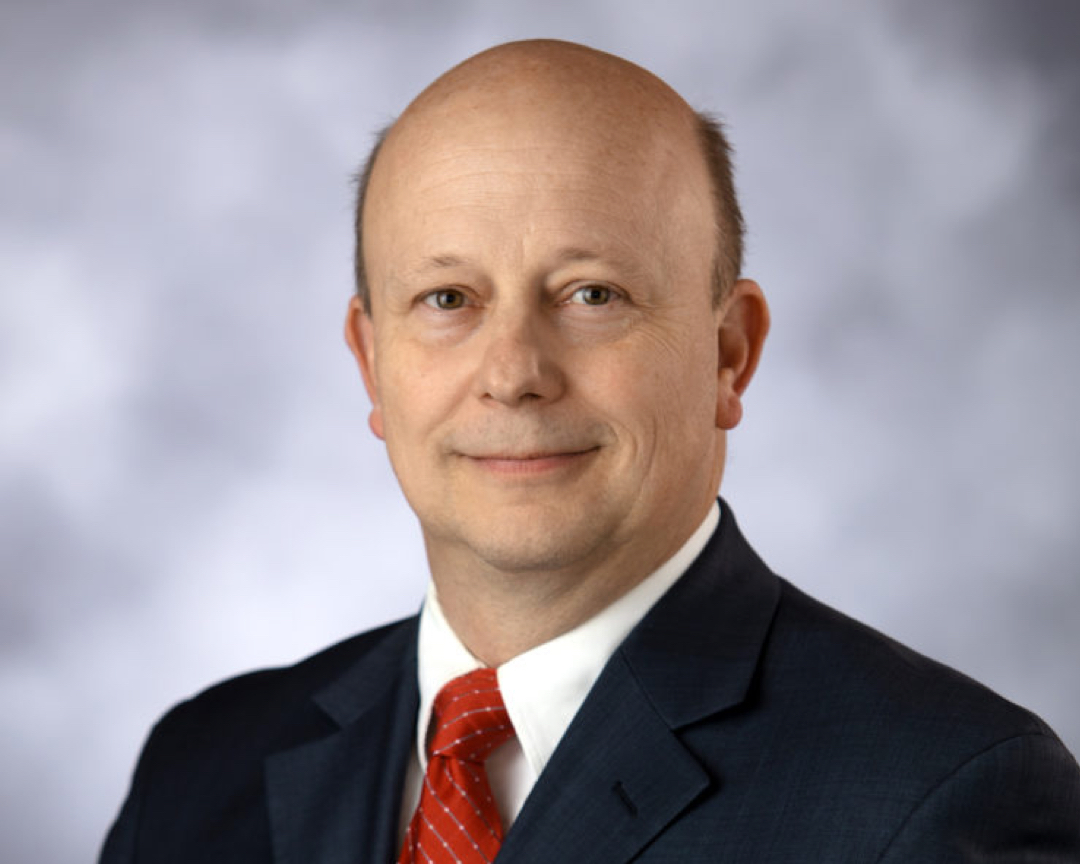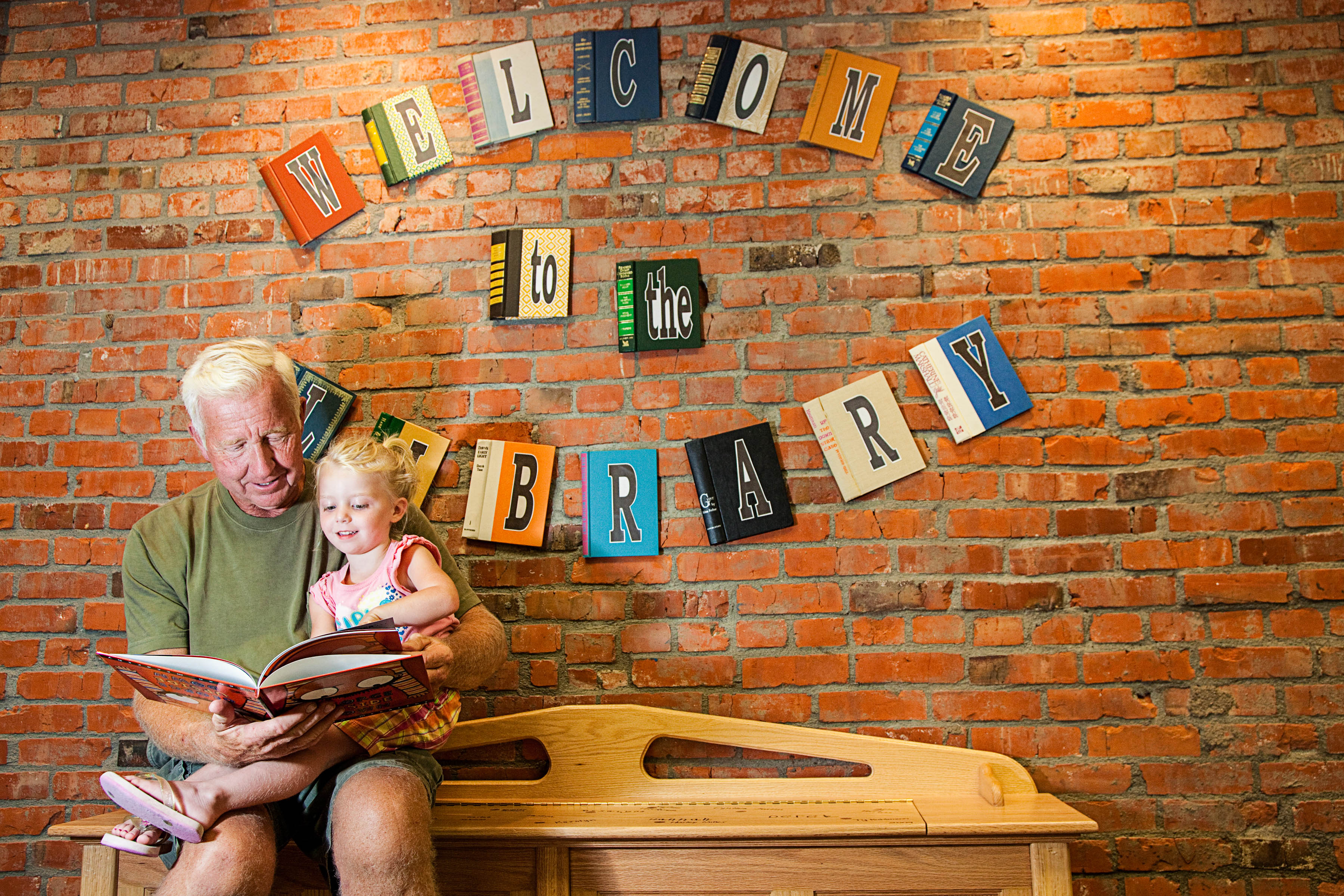 Originally published by Columbus Telegram
Originally published by Columbus Telegram
By K.C. Belitz
Since we’ve last spoken in this column, our nation has celebrated another birthday. So today, a few observations from that season as it relates to community development work, such as that carried out by the local affiliates of the Nebraska Community Foundation.
Right off the bat, let’s admit there are challenges in our nation. It would be foolish and in fact dangerous to claim otherwise. But while we should admit that, let’s not dwell on it either.
One of the fundamental elements of the work at NCF is what’s called “Asset-Based Community Development.” Put simply, it’s the idea that you do more productive work when the focus is on the strengths of a place as opposed to the weaknesses. Seems self-evident that it’s hard to build on your weaknesses, right?
Well, if we apply the same logic to this national conversation, let me suggest that there are unique strengths to build on. One that’s close to the work of the local affiliated funds of NCF is the really unique impact of voluntarism on our country.
This element of American society goes to the earliest days of our nation . . . and in fact, before the founding of the U.S. According to the Stanford Social Innovation Review, Benjamin Franklin in 1736 founded the first volunteer firehouse. In the 1800s, women and young people took a leadership role in volunteer roles and this led to the founding of the YMCA, Salvation Army, American Red Cross, and the United Way during that time.
It was generally in that era that French political scientist Alexis de Tocqueville wrote his famous study of the political and social systems in the U.S. He was clearly struck by the American tendency to volunteer, and he wrote, “In the United States, as soon as several inhabitants have taken an opinion or an idea they wish to promote in society, they seek each other out and unite together once they have made contact. From that moment, they are no longer isolated but have become a power seen from afar whose activities serve as an example and whose words are heeded.”
Social scientists have long noted that volunteerism plays a significantly larger role in American civic life than it does in other countries. In fact, Americans are 15 percent more likely to volunteer their time than the Dutch, 21 percent more likely than the Swiss, and 32 percent more likely than Germans.
This tradition of giving time, as well as money, continues to serve the NCF network as it does all of the nation. We see it on display, literally every day, in Columbus, David City, Albion and 200+ other Nebraska towns in the NCF network. You saw it as we celebrated our nation’s birthday at “Red, White, KaBoom” in Columbus…volunteers cleaning chairs, directing traffic, raising money . . . all for the greater good.
In closing, I want to also lift up an asset that we often take for granted. I had an occasion over the holiday to be lighting some fireworks with a young man who is a refugee from Iraq and now living in Nebraska. He very much wanted to be part of the fun . . . until the first of them went off. Then he quickly expressed that it reminded him too much of his homeland and he needed to back away. I share that story because the relative stability and safety that we enjoy in the U.S. is something impossible for us to recognize until you either see it or see it vicariously in an experience such as this. And believe me, that stability gives us a tremendous advantage over most places on the globe in developing communities, doing business, creating relationships, or anything else you want to do.
So, again, while we recognize our challenges, I hope we take the approach of building on our strengths in the U.S. just like we do in Nebraska. This is another example where the rest of the country has plenty to learn from our state. I get to see people in towns all across Nebraska who are building a future on their strengths. If the rest of the nation follows our lead in that way, then we’ll be in a better place at our next birthday than we are today.



